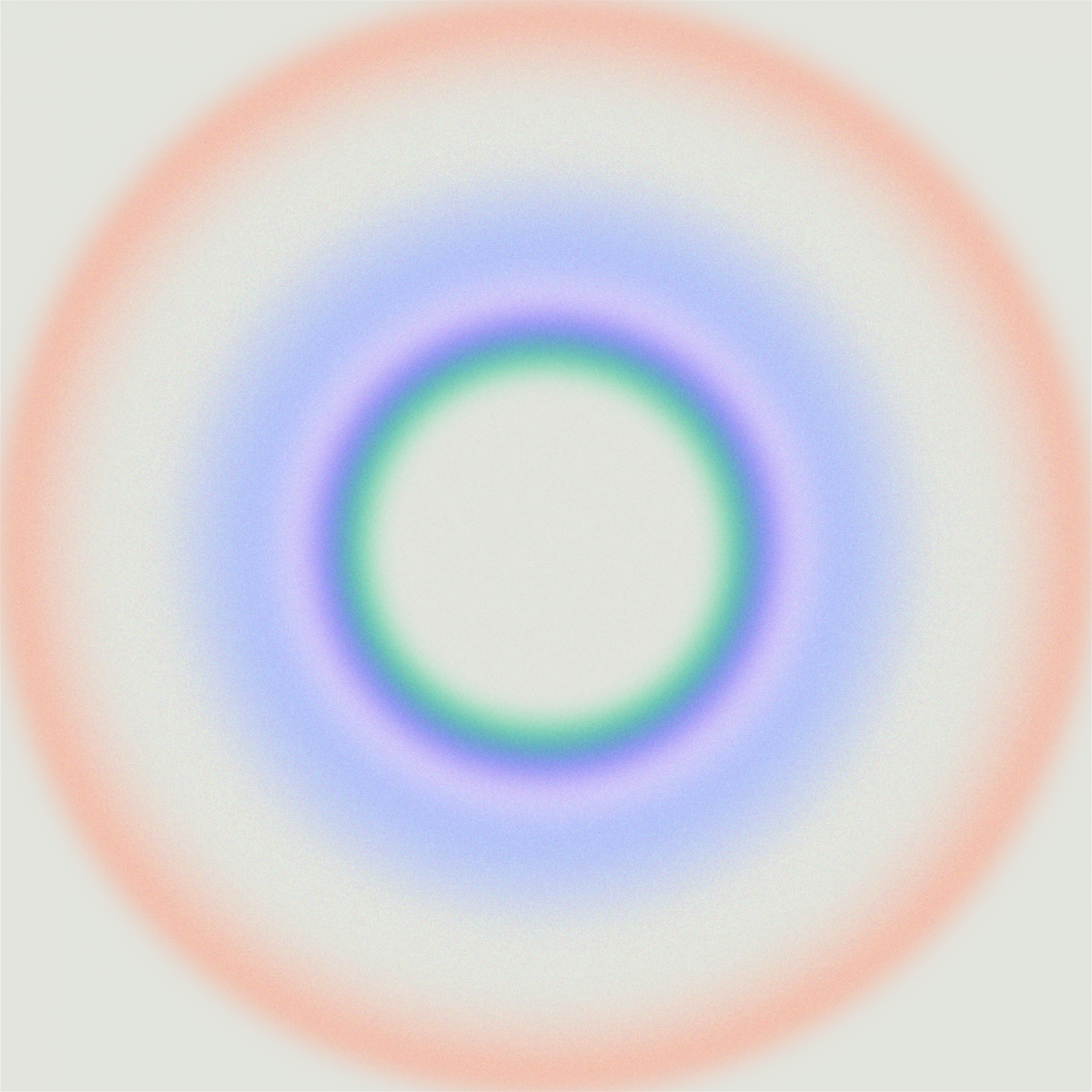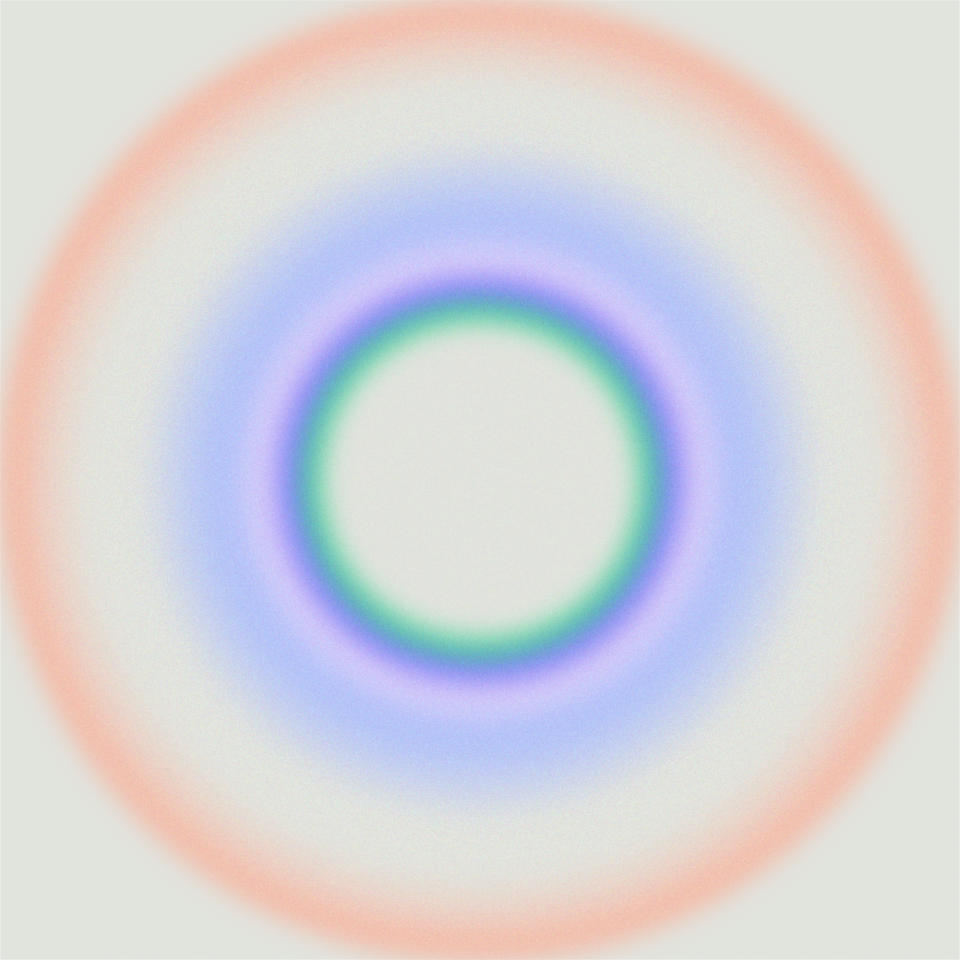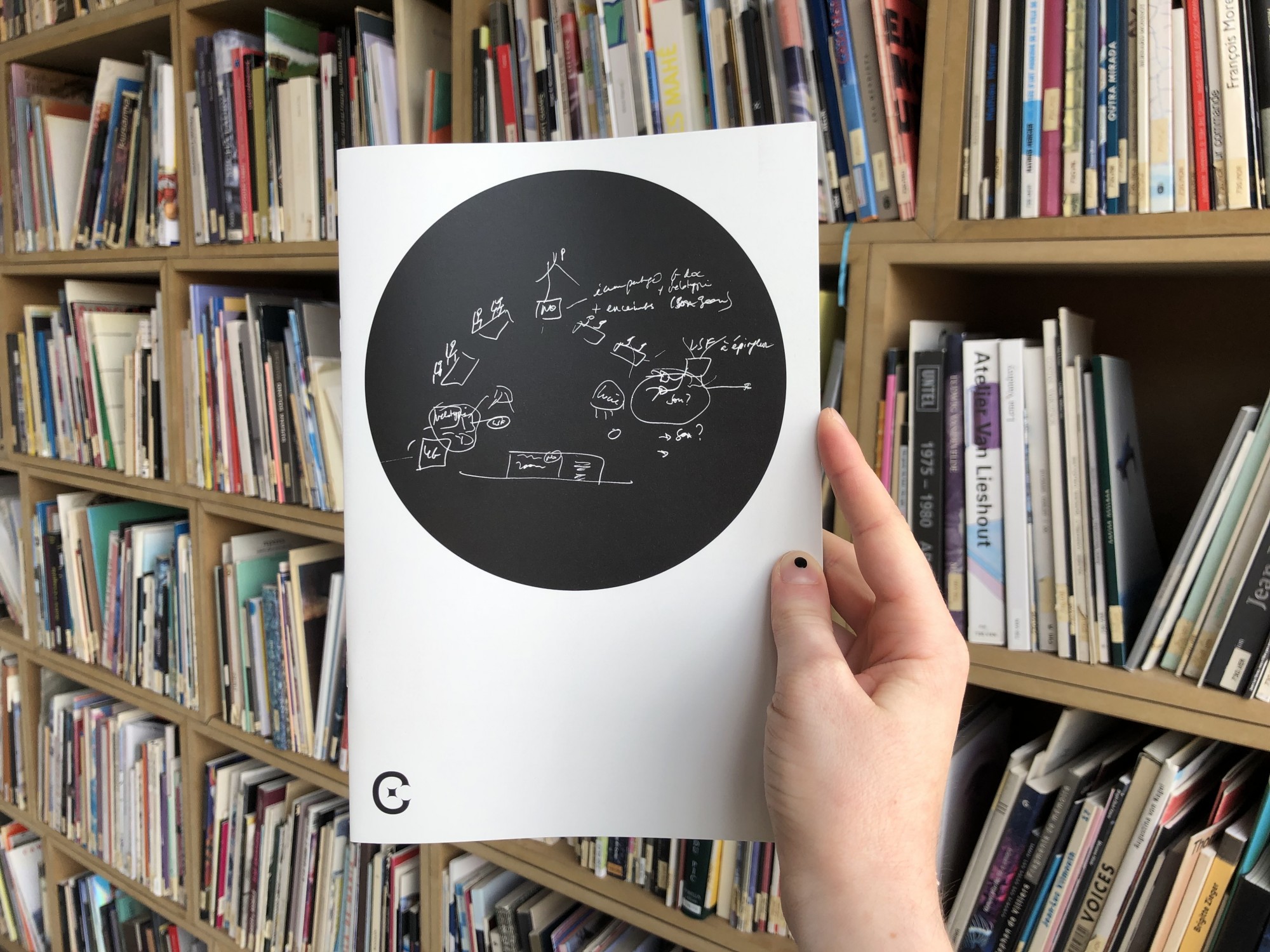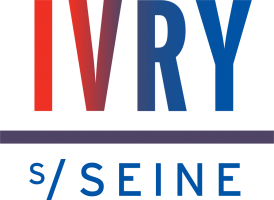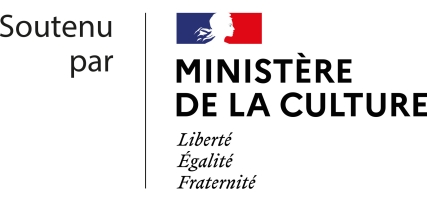Ostensible


The Crédac has selected Ostensible for the 2023-2024 research and experimentation residency session. This session will be co-constructed with the Bureau des publics team, with the aim of deepening reflection on issues of diversity and anti-discrimination in contemporary art.
Ostensible was founded by Lucie Camous (curator, artist, researcher) and No Anger (researcher, artist, author), both of whom are directly concerned with disability. Ostensible is a research-creation structure active in the fields of disability, crip studies and contemporary art. With an approach that blends curating and research, it promotes a new approach to disability that transcends any medical prism.
Considering the issues involved in representing disability both in the creation of works of art and in terms of how they are received by the public, Ostensible’s research residency at Crédac combines political and aesthetic approaches.
Over the course of the residency, five Assemblées (Assemblies) will be organized, designed to bring together a group of people (concerned with disability and/or allies) to share their experiences of validism within the contemporary art world.
Opening up a space for discussion and reflection on this oppression of disabled people, in a participatory approach, the Assemblées cycle aims to build a collective discourse around the relationship disabled and minoritized people have with art.
The calendar of Assemblées, their themes and registration forms will be published on the Crédac website.
This collaborative work will be reflected in a dedicated publication, which will be the third issue of the En résidence collection, an edition devoted to Crédac’s residency projects, edited by the Kiösk graphic design studio (to be published in summer 2024).
Ostensible's website
Artists biography
-
No Anger
No Anger is a researcher and holds a PhD in political science, with their thesis Défier la sexualisation du regard. An analysis of the FEMEN and post-porn protest movements, focusing on the relationship between artistic work on the body and political protest.
Their research focuses on the effects of hegemonic imaginaries on the practices and subjectivities of social actors, and the ways in which artists and activists transform the structures of dominant imaginaries. They’re also an author, notably through their blog À mon geste défendant, where they highlight the social oppressions they experience on a daily basis in order to participate in antivalidist struggles.
No Anger is also developing an artistic practice of dance and writing, through which they exploit the possibility of artistically reinventing their disabled body, notably with Quasimodo aux miroirs (MAC-VAL, 2018). Finally, they are the winner of the Prix Utopi-e 2023 -
Lucie Camous
In their artistic and curatorial practice, Lucie Camous adopts a political point of view and situates themselves at the crossroads of artistic, theoretical, and militant forms. Mechanisms of power, dynamics of resistance, and situated knowledge are the notions that question and fuel all their artistic commitments.
Their approach, rooted in intimate narratives, revolves around norms, their boundaries, and the sensitive issues involved in crossing them. Experimentation and the development of collective work practices thus structure the writing of all their projects. In 2019, they co-founded Modèle vivant·e (with Hélène Fromen and Linda DeMorrir), an experimental, transfeminist collective for drawing and dissident representations.
Lucie Camous is a member of CEA - Association française des commissaires d’exposition, REHF - Réseau d’Etudes Handi-Féministe, and currently an editor at Artagon Pantin.
